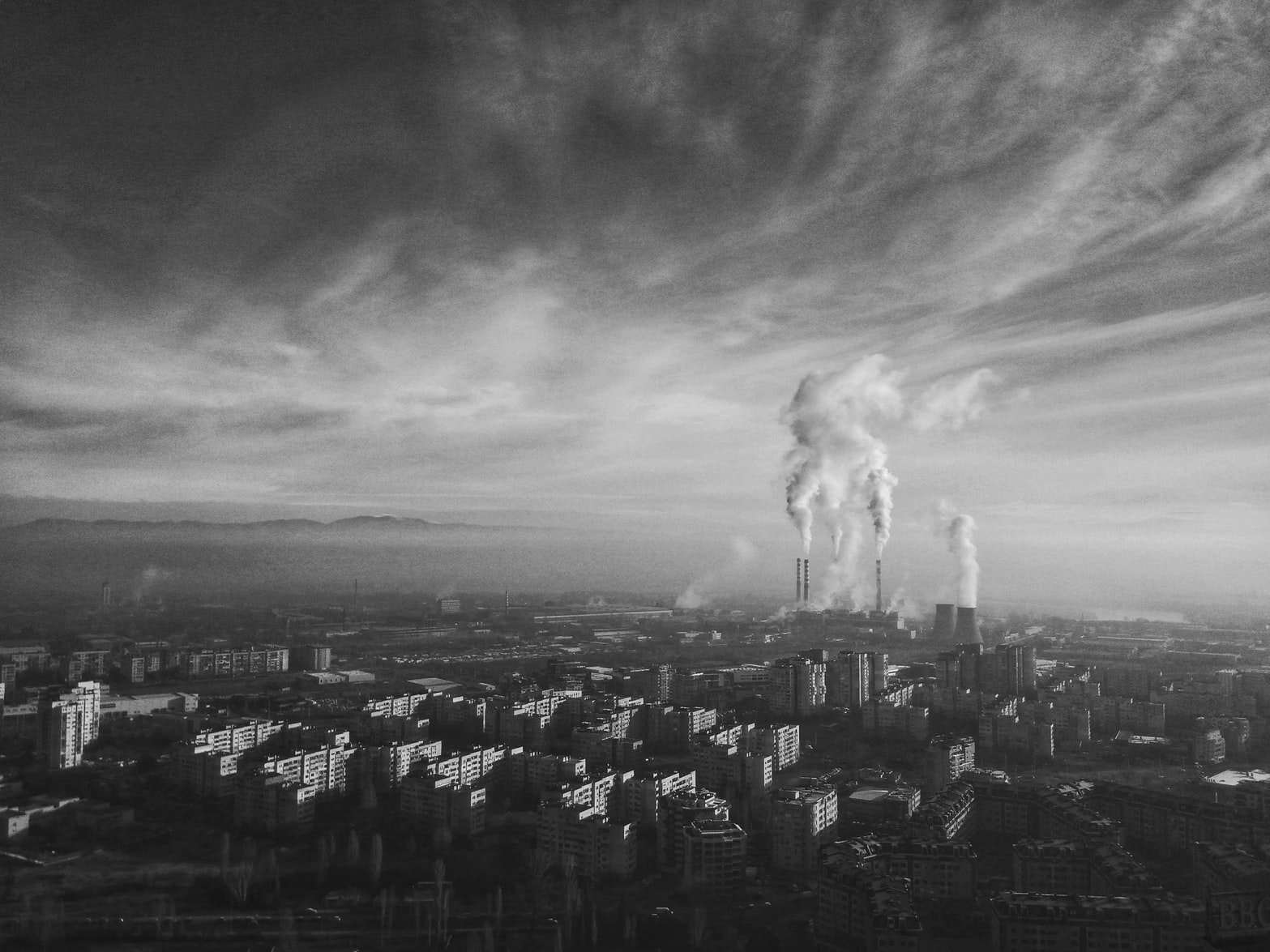PND: Op-ed - Climate philanthropy beyond the check: holding banks accountable
Excerpt:
Despite such statements, participating in an unrestricted credit facility that enables Enbridge to complete Line 3 means these banks have no current plan to meaningfully address or measure financed emissions — let alone "manage" them. Indeed, by going ahead with the loan, these same banks are increasing their financing for carbon emissions.
High-net-worth clients of these banks can and should be questioning them about their hypocrisy. We should ask — no, demand — that they not just measure financed emissions but take action to reduce them. Banks listen; they care about their reputations. In response to a spate of negative publicity, demands from the G'wichin people, and much client pressure, all six big U.S. money-center banks and dozens of international ones recently announced they will not fund drilling in the Arctic National Wildlife Refuge. These are just a few of the examples of successful environmental pressure campaigns brought to bear on banks.
It may seem like a tough ask to suggest to your bank how it should conduct its business. It's not. First of all, it's your bank, and it needs your deposits. Second, you're only asking them to observe and strengthen their own commitments to climate action and environmental justice. And third, with "peak oil" upon us, banks will benefit from our prodding, in that the actions they take to address climate change almost certainly will improve their bottom lines. Don't believe me? Consider: the market capitalization of Exxon Mobil (XOM), which peaked above $500 billion in 2007, no longer is large enough for the company to be included in the Dow Jones, while the two best performing equity funds in 2020 were Invesco clean energy funds. The times they are a-changin'.
Foundations and high-net-worth donors can help advance the climate action movement by raising their voices. For some, that might be more difficult than writing a check, but it's really not that hard — and the upside is, well, exponential. Imagine if no one had to chain themselves to an Enbridge bulldozer; imagine if Enbridge couldn't secure the funds it needs to build Line 3. Imagine the impact your action would have on Native communities, ranchers, and farmers — not just tomorrow but for generations to come.
Fellow philanthropists, let's make our voices heard. Starting with Line 3, let's demand that our banks and bankers stop funding the climate crisis.
Read the full article on Philanthropy News Digest.

